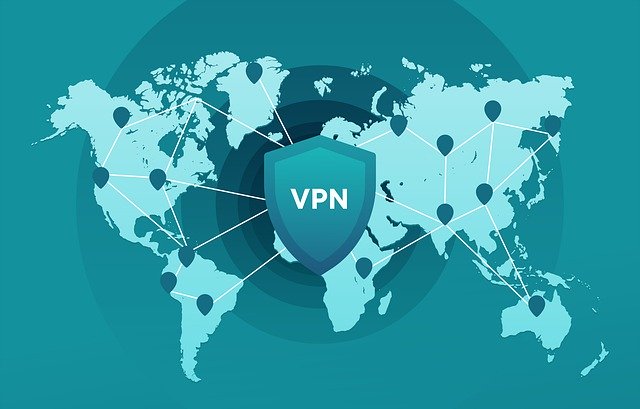Most businesses today rely on the Internet in some fashion—for storing or retrieving data; for processing transactions; or for communicating with employees, vendors, and customers. Regardless of the purpose, businesses need their data and communications to be secure, but few give it a second thought. A virtual private network (VPN) is increasingly the solution, but business owners and their IT administrators must first understand what VPN for small business is all about.
Investigating VPN for Small Business
The security of your data and that of your clients is key to your business’s success, yet many businesses aren’t doing all they could to ensure that security. Looking at the numbers, 43 percent of cyber attacks target small businesses. How can you prevent becoming part of that statistic? Managing cyber security risks means investigating IT security options and employing those that make sense for your business. At the top of the list is VPN for small business—a sound solution for protecting your data transmission in communications, sales, and research.
What VPN Can Do
Getting information from one computer to another requires a connection. For a physical connection, cables connect the different devices. The cables may stretch just across the office or use a patchwork of cables from various sources to connect across the world. The key is that the connection is actual and physical.
If the network is contained in a single office, without access to the Internet, then privacy is guaranteed due to the lack of any outside connection. But private networks have drawbacks. A large one is cost—most businesses need access to the outside world via the Internet. Because businesses don’t lay proprietary cable for those connections, they have to pay others who maintain that kind of infrastructure. This can be expensive and gives the business little control over the lines themselves.
A virtual private network skips the need for cabling one machine to another. Through the use of software or some other means of security, a VPN ensures that all transmissions between the business’s computers and systems and those to and from systems outside the office are encrypted and, therefore, protected against prying eyes in the event of a breach. It is often illustrated as a secure tube through which users send messages, preventing unauthorized access to the data in the transmission.
Types of VPN Access
A business’s reason for exploring VPN solutions and the physical makeup of its offices drive much of the decision-making in choosing between types of VPN access. Most small- and medium-sized businesses choose VPN that connects a remote user to the office systems or other Intranet sites. It would encrypt communications with traveling or telecommuting employees, workers at another office location, vendors, and customers online, thus securing the messages sent.
Businesses can use VPN as a subscription service or by installing VPN software on a router. Not all technologies will work with VPN, and subscribing to a VPN services gives the business the flexibility to turn VPN on or off, often at the individual user level. It also offers a veil of anonymity, allowing the user to choose the “source” of the transmission to be seen by the receiver. Businesses have many subscription VPN services to choose from, but, as with any subscription, there is a cost for as long as you use the service.
Installing VPN on a router can eliminate the ongoing cost of a subscription service. Using a VPN router, the entire business has VPN protection from the single device. However, not all routers are robust enough to work as a VPN router. Depending on the size of the business and the number of users, equipment adequate to use as a VPN router may be cost-prohibitive.
Considerations in Choosing VPN for Your Business
A virtual private network is a great option for businesses looking to protect communications and data transmissions, but business owners and IT professionals should make an informed decision. Evaluating the pros and cons of a VPN service versus a VPN router is a good place to start.
Businesses that offer VPN services are easy to find and can be relatively inexpensive, especially when compared to the costs a business would bear due to a data breach. Internet speed is sometimes slower because transmissions are routed through the service’s network, but those who’ve gone before you and reviewed VPN services have provided data for comparing the relative speed of different service providers.
VPN services abound, and many are free—or are they? Free VPN services may provide a secure connection but lack in speed. Many free services are farming subscribers for data—tracking or collecting data on Internet use over their network and selling that information to third parties.
Businesses that opt for using a VPN service should carefully read the service’s terms of service and learn where the company is headquartered. These services operate all over the world, and privacy laws vary from one country to the next.
A VPN router is an option best left for smaller businesses that have no need to transmit data from outside the office or to access the office remotely. The installation of VPN software on the office router protects everyone in the office. On the downside, the more users on the network, the slower the speed through the VPN. (Think of a highway—few cars make for easy driving, but too many cars can cause a traffic jam.) And the business may outgrow the VPN router if it added many employees or later developed a need for remote access.
Understanding what VPN can do and the types of VPN available is the first step to a more secure connection between your business servers and the outside world. VPN provides an extra layer of security as part of a business’s overall package of security solutions. Exploring VPN for small business is the first step to protecting your data and, thereby, your business.
